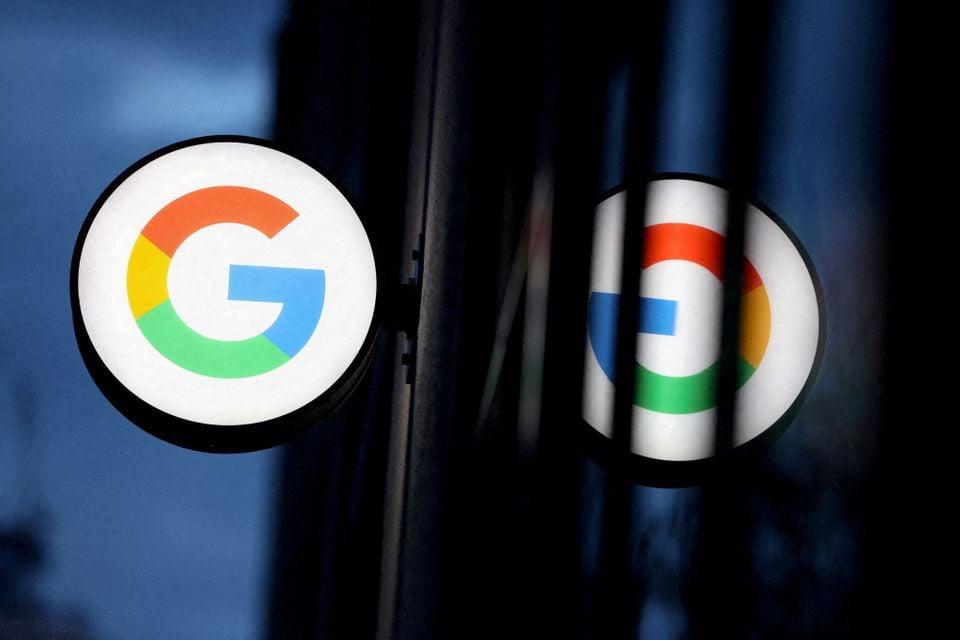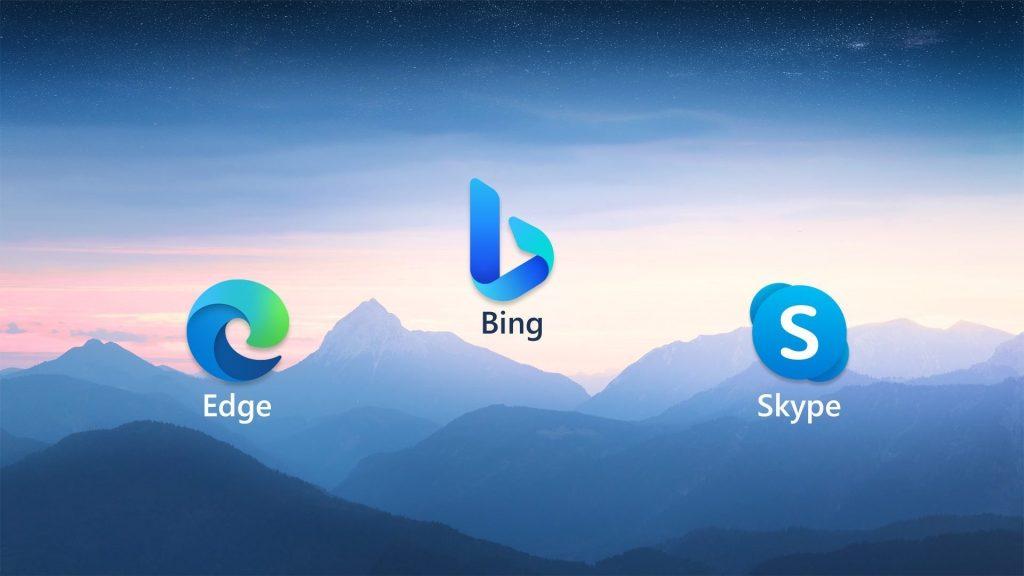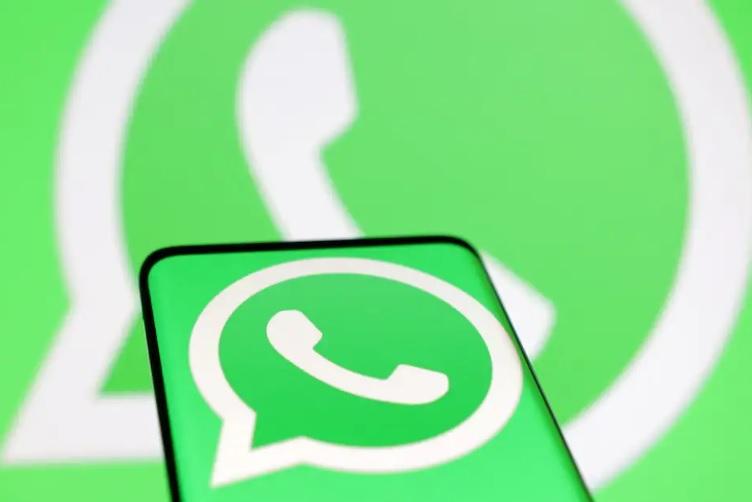TikTok reiterated its concerns about freedom of expression regarding a bill passed by the House of Representatives, which would ban the social media platform in the United States unless its Chinese parent company, ByteDance, sells its ownership within a year. The House approved the legislation with a vote of 360 to 58 on Saturday. It now awaits consideration in the Senate, with President Joe Biden indicating his intention to sign it into law. Lawmakers from both major political parties, as well as the Biden administration, have cited national security concerns, fearing that China could force TikTok to share the data of its 170 million American users. By including TikTok in a broader foreign aid package, legislators hope to expedite the process of potentially banning the app, following the stagnation of an earlier standalone bill in the Senate.
“It’s regrettable that the House of Representatives is using critical foreign and humanitarian assistance to push through legislation that would impede the free speech rights of 170 million Americans,” TikTok stated in response. In February, TikTok had criticized the initial bill, which failed to advance in the Senate, arguing that it would silence millions of Americans.
Democratic Senator Mark Warner, chair of the Senate Intelligence Committee, voiced concerns about TikTok’s potential use as a propaganda tool by the Chinese government, emphasizing its popularity among young people as a news source. Warner warned of the national security risks associated with granting the Communist Party access to such a vast trove of personal data. The Knight First Amendment Institute at Columbia University criticized the bill, arguing that it would have minimal impact since China and other adversaries could still access American data through other means. Some Democrats have echoed free speech concerns and called for stronger data privacy legislation instead of an outright ban.
Democratic Representative Ro Khanna suggested that a TikTok ban might not withstand legal scrutiny, citing constitutional protections for free speech. The House previously voted on March 13 to give ByteDance six months to divest TikTok’s U.S. assets or face a ban. The latest legislation extends this deadline to nine months, with a potential three-month extension if deemed necessary by the president. Maria Cantwell, chair of the Senate Commerce Committee, voiced support for the new bill after requesting revisions to the March 13 version. President Biden also discussed TikTok during a recent call with Chinese President Xi Jinping, expressing concerns about its ownership.














